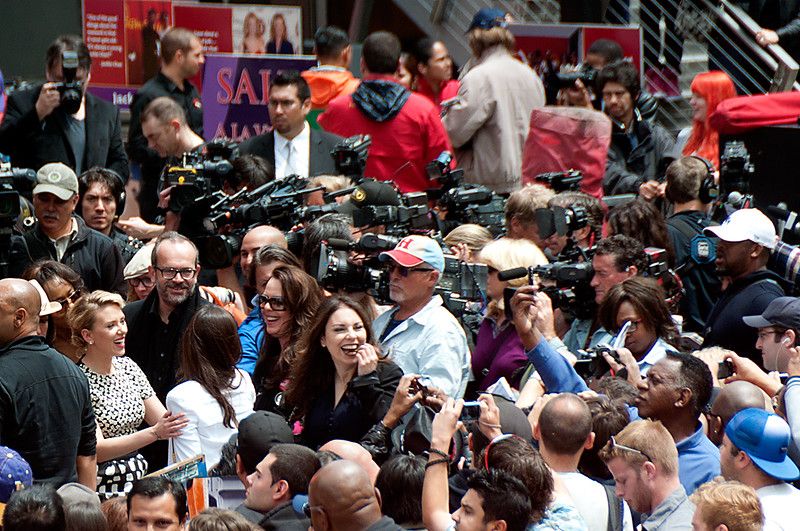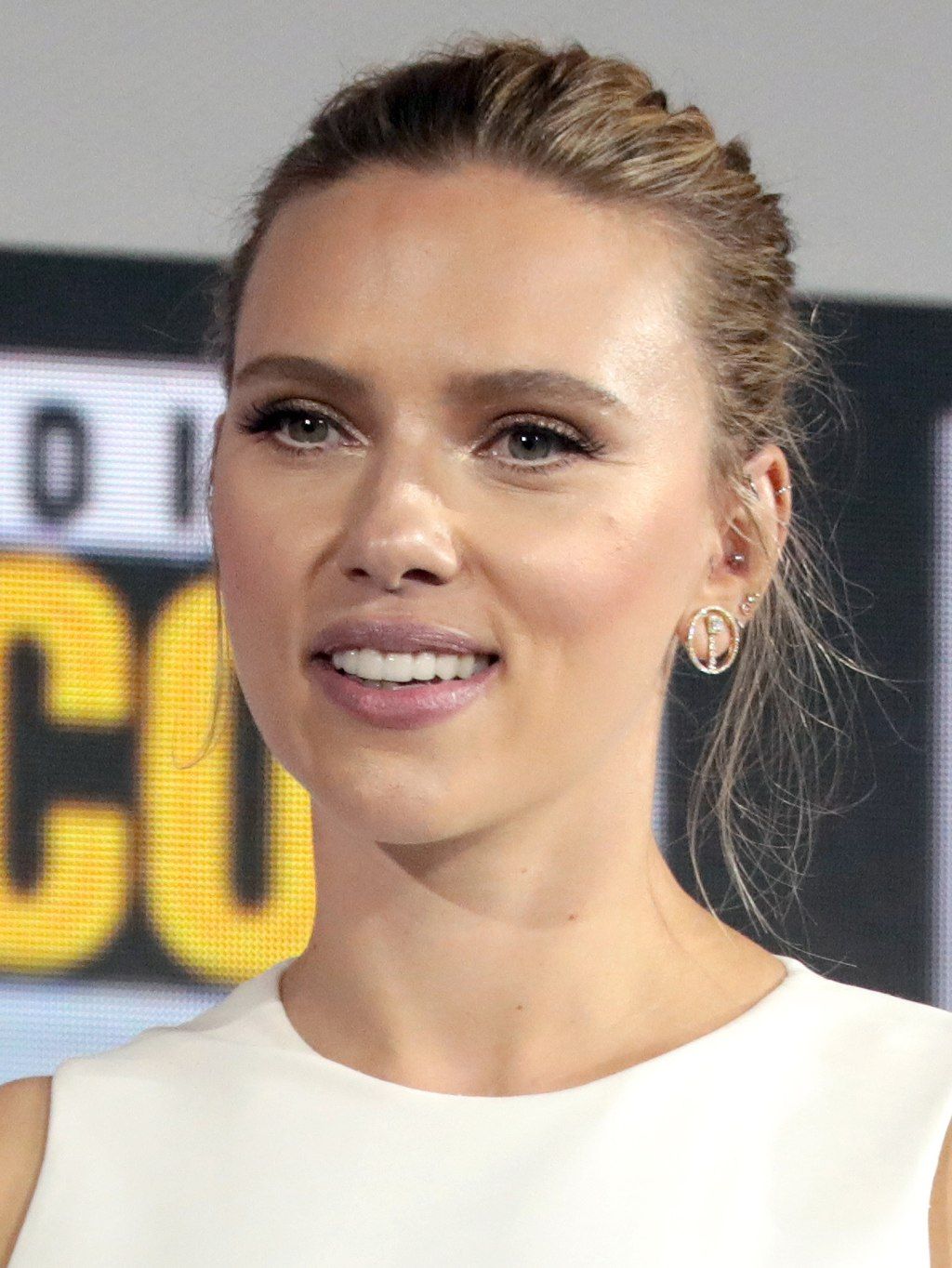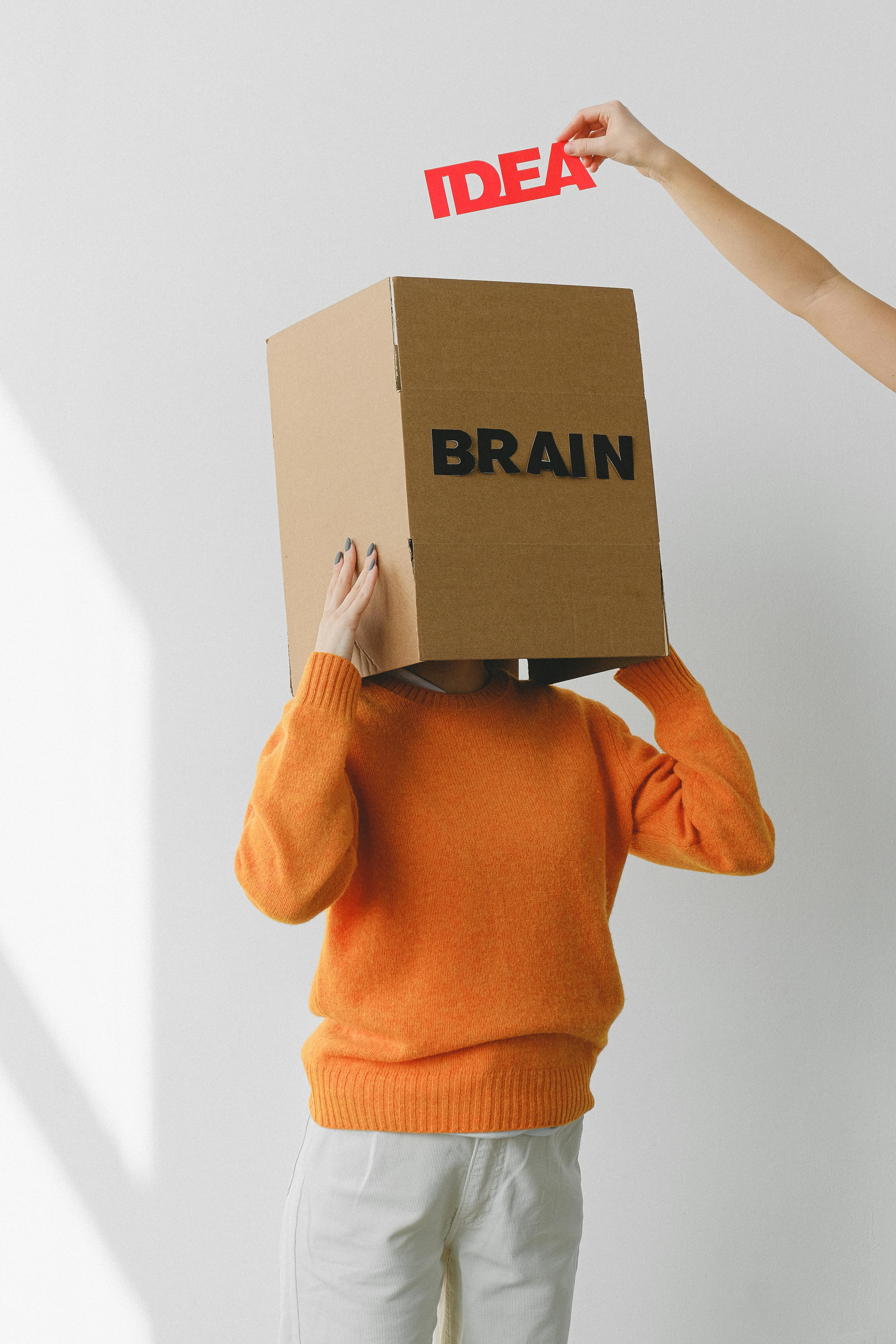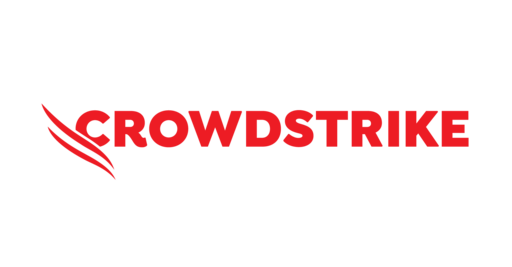In the comfort of his home, a user sits down at his computer and selects a female voice for his digital assistant. Immediately, he's greeted by a charming, slightly raspy voice saying, “Hello, I’m here.” This voice, belonging to Samantha, is famously provided by actress Scarlett Johansson in the film "Her." The user is captivated, and a unique bond forms between him and the AI.
This voice has also captivated Sam Altman, CEO of OpenAI, a leading AI company valued at $86 billion. Johansson recently revealed that after she turned down an offer from Altman to voice his company’s ChatGPT chatbot, OpenAI released a new AI voice named Sky, which sounded uncannily similar to hers. Johansson’s friends and colleagues could barely tell the difference.
“When I heard the demo, I was stunned and outraged that Mr. Altman would pursue a voice so strikingly similar to mine,” Johansson stated. Following legal action from Johansson’s team, Altman removed the Sky voice and issued an apology, insisting the resemblance was unintentional. The incident has sent shockwaves through Hollywood and the tech world alike.

"Scarlett Johansson" by mbtrama is licensed under CC BY 2.0.
Scarlett Johansson
Scarlett Johansson is a globally recognized actress known for her roles in films like "Lost in Translation," "The Avengers," and "Her." Beyond her acting talent, Johansson's distinctive voice has become an integral part of her public persona.
Johansson has long been vocal about the unauthorized use of her likeness, particularly in the realm of digital technology. She has previously addressed concerns over deepfake technology, where AI is used to create hyper-realistic, but fake, videos and audio. This current dispute with OpenAI continues her fight to protect her personal and professional identity from being exploited by technological advancements.
The Case Against OpenAI

"Chat GPT [Www.Etoile.App]" by eXploration Etoile is marked with Public Domain Mark 1.0.
The Public and Legal Reactions
Following Johansson’s allegations, OpenAI temporarily halted the use of the Sky voice in their ChatGPT product. They published a detailed blog post outlining the extensive process behind developing five different AI voices, initially launched in September. In response to the claims, Altman stated that OpenAI had no intention of mimicking Johansson's voice and that a voice actor had been selected before any contact was made with her.
Public support has overwhelmingly sided with Johansson, with many speculating that OpenAI might have used recordings from the film "Her" or other samples of Johansson's voice to create Sky. This controversy taps into broader concerns about AI companies using copyrighted and personal material without consent.
Joanne Jang, who leads AI model behavior at OpenAI, explained that the company had chosen actors who were enthusiastic about the project. They demonstrated the AI's capabilities to these actors and ensured they were comfortable with the technology. Long before casting, Jang worked on developing ChatGPT's interactive personality, aiming to create responses that maintain user boundaries respectfully.
Mitch Glazier, CEO of the Recording Industry Association of America, suggested that Johansson could have a strong legal case, drawing parallels to a past case where singer Bette Midler successfully sued Ford for using an impersonator after she declined their offer. Legal experts believe that Johansson’s case may hinge on whether a jury finds Sky's voice recognizable as Johansson's.
Evidence and the Unveiling of Receipts
OpenAI announced that it would remove Sky from its GPT-4o model after users pointed out the similarity to Johansson’s AI character from "Her." Johansson responded by hiring legal counsel to investigate the voice's development. Although OpenAI maintains that Sky’s voice was not based on Johansson’s, she revealed that the company had previously approached her to lend her voice to their AI.
In the tech industry, other significant events unfolded, such as the shakeup at Techstars with CEO Maëlle Gavet stepping down, highlighting broader industry turbulence. Meanwhile, legal scrutiny over monopolistic practices by companies like Live Nation and Ticketmaster shows a growing regulatory interest in the tech and entertainment sectors.
Implications for Celebrities and Artists

Photo from: Pixabay.com
Safeguarding Likeness and Identity
This case underscores the importance of protecting the likenesses and identities of celebrities, artists, and musicians. With AI technologies advancing rapidly, it's crucial for these individuals to proactively guard their personal brands. Employing advanced monitoring tools to detect unauthorized use of their voices or images could be a crucial step. Additionally, advocating for stronger legal protections to prevent unauthorized replication of their identities is vital.
Setting Legal Precedents and Future Implications
The outcome of Johansson’s dispute with OpenAI could set a significant legal precedent. A victory for Johansson might encourage other celebrities to take legal action in similar situations, potentially leading to new legislation aimed at protecting personal likenesses in the digital age.
Lawmakers might need to revisit and update intellectual property laws to address the complexities introduced by AI. This could include specific provisions for the replication of voices and likenesses, ensuring that individuals have robust legal protections against unauthorized use.
The Future Landscape of AI-Generated Voices
As AI technology evolves, the entertainment industry will need to adapt. AI-generated voices hold tremendous potential for creating engaging digital assistants, video games, and other applications. However, these advancements also pose ethical and legal challenges that must be addressed.
Developers of AI voices should prioritize transparency and consent, clearly communicating with voice actors and celebrities about the intended use of their voices and obtaining explicit permission. Establishing ethical guidelines for AI voice generation can help ensure the responsible use of the technology.
Industry standards could be developed to document and obtain consent for any voice replication, with best practices to prevent unauthorized use. These standards could also include regular audits and compliance checks to safeguard the rights of individuals.
The dispute between Scarlett Johansson and OpenAI represents more than just a legal battle; it signifies a critical moment in the intersection of technology, privacy, and personal identity. As AI technology continues to advance, so must our understanding and regulation of its implications. Celebrities, artists, and musicians must remain vigilant and proactive in protecting their likenesses, while developers and lawmakers work together to create a fair and transparent framework for AI-generated content. The future of AI is filled with exciting possibilities, but it must be navigated with care and respect for individual rights.








